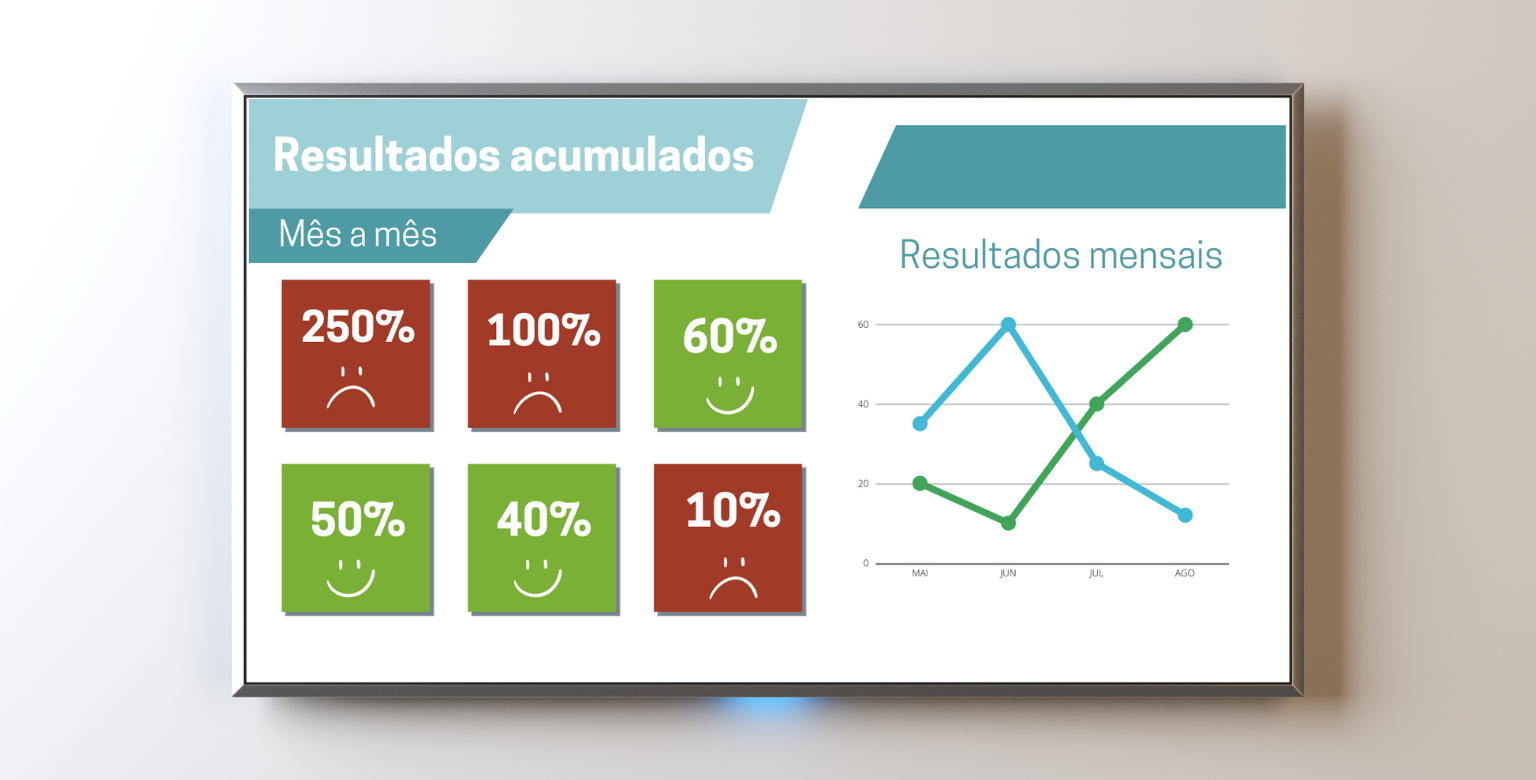How can CI contribute to business self-management?
Do you know someone who changed jobs because of a toxic boss? You know that saying: “He who can commands, he who has sense obeys”? Well, these are some of the reasons that have led many organizations to promote changes in the hierarchical structure, through the implementation of BUSINESS SELF-MANAGEMENT.
Companies like Vacancies, WL Gore, Buurtzorg and others of different segments and sizes have adhered to this concept of horizontal management. But self-management goes beyond what we find in dictionary, it is not just the “management of a company by its own employees and the absence of the boss”. This is Command x Control, it concerns the exchange of power “over” for power “with”.
O Institute of Cooperative Studios of Mondragón Unibertsitatea, located in the Basque country, a Spanish autonomous community, defines self-management in his book “Autogestión y Globalidad” as the constitution and functioning of institutions or organizations based on the autonomy and decision-making capacity of employees.
That is, it is a shared authority in which the company is not seen as a machine, but rather as a living organism, in constant change. And the employees? They occupy strategic roles and are not treated as gears, but as nerve endings capable of capturing perceptions and directing the organization towards its goals and a better world.
In this organizational model, authority is not centralized, as it aims to ensure that decisions are made close to reality, planning is carried out collectively and each employee occupies their role autonomously and has decision-making power regarding factors that influence their tasks. Issues are resolved through dialogue between the affected teams, through collectively established rules. They are work cells that complement each other in which everyone is self-responsible and co-responsible.

Advantages of Self-Management
- When the talk is about benefits, the increased quality and productivity appear at the top of the list.
- Secondly, we find the reduction of costs, taking into account that the huge salaries of the top corporate echelon will be suppressed.
- Through greater autonomy, the feeling of ownership it is generated in employees, as it makes management democratic.
- Business self-management encourages professional development, proactivity and a humanized interpersonal relationship, as each person is able to understand the needs and limits of the other.
- This concept also provides the search for constant improvement, as it understands that choices will not always be perfect, but need to be minimally effective and safe in a timely manner, and must be improved in the future.
What about the disadvantages and challenges?
- Time: Changing something so deeply rooted in people's mentality doesn't happen overnight. Implementation requires time and patience.
- Efforts: Changes bring resistance, so it is necessary to have a lot of persistence and energy to complete the transition.
- Alignment: The main challenge in collaborative management is that to achieve success, everyone must be aligned and resources must be used towards the same objectives. Everyone needs to be united.
But where does CI fit into all of this?
A CI plays a fundamental role in self-management! Through internal communication channels, awareness, adherence and engagement can be promoted.
It is CI that will enable employees to follow the new mission, vision and values defined for the company. It is worth remembering that in collaborative management, noise or failures in organizational communication can cause enormous losses. A Corporate APP like Worksphere, for example, and the use of Corporate TV can be great allies in this process.





